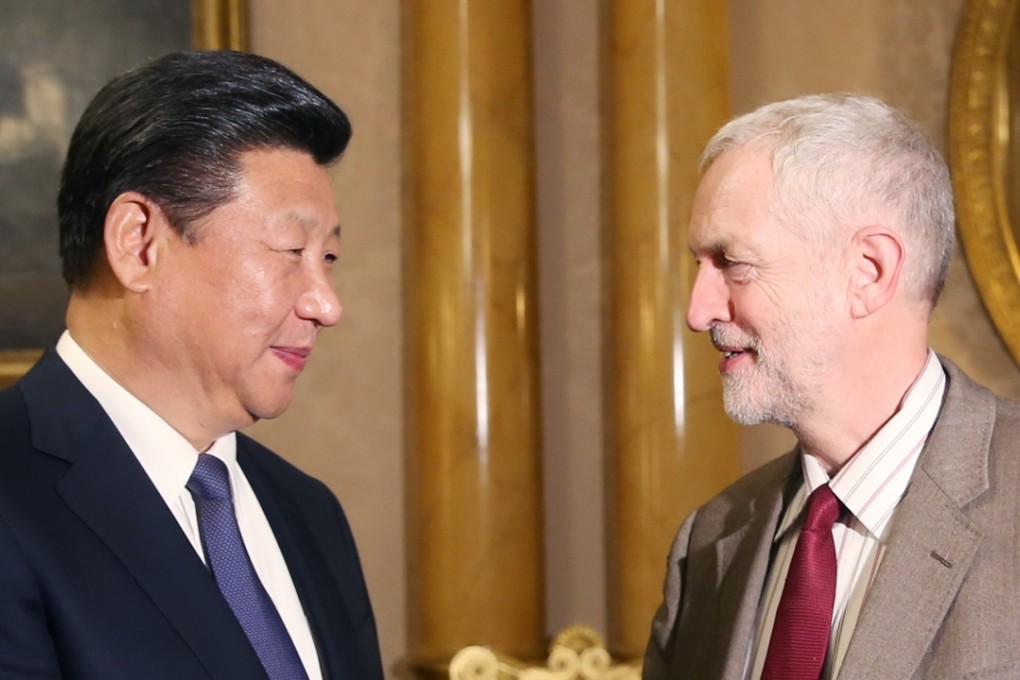The View | Delicate tango of UK and China
London and Beijing nurture a long, oft complicated relationship

Like two long-lost lovers brought together by Facebook, Britain and China have rekindled a burning desire. To some, Britain is coming cap in hand for cash to repair its nineteenth century infrastructure. To others, China seeks affirmation as the newly rich would seek a titled estate. As the Middle Kingdom comes to the United Kingdom, the reality is much deeper than that.
This is a momentous stage in one of the longest geopolitical relationships in industrial times. Britain was the first major country to recognise the People’s Republic in 1949 and the first to join the China-sponsored Asian Infrastructure Investment Bank.
Britain knows China. Morrison, Legge, Liddell, Needham, Menzies each in their way intimately understood China and that accumulated wisdom certainly assisted the tricky and ultimately wildly successfully negotiations for the hand back of Hong Kong.
Forgotten is the hurt of the powerful barbarian imposing “Unequal Treaties” on China, for with the British merchant adventurers followed a flood of people who for 100 years came to love China and the Chinese people. They ventured into distant parts, often missionaries with families, learning the local dialect, wearing Chinese dress, bringing rudimentary but modern health care, education and administration.
A great many left their bones in the red dust of Chinese soil. Those that did not left their hearts in China. Tens of thousands of young Britons lie in military cemeteries skirting China’s borders in the cause of a united China whose boundaries exist today. Britain and China are close.
The British do a good official welcome; the Royalty, the mounted Household Cavalry, the red carpet for the Red Flag. Britain’s open arms have melted the panda’s heart. However, it is a lesson in Realpolitik; this move by the Conservative Government is quite in line with Britain’s longstanding policies on the world and economics.
Britain has a habit of invention - soccer, tennis, cricket and most recently painful rugby were codified for the world, only to get thrashed by later adoptees. Britain was a leader in steelmaking, shipbuilding, textiles, heavy industry, cars, aviation; now finding stronger homes elsewhere. The country has but 65 million people, a rounding error against China’s 1.3 billion, but Her Majesty is still head of a Commonwealth of 2.3 billion people.
